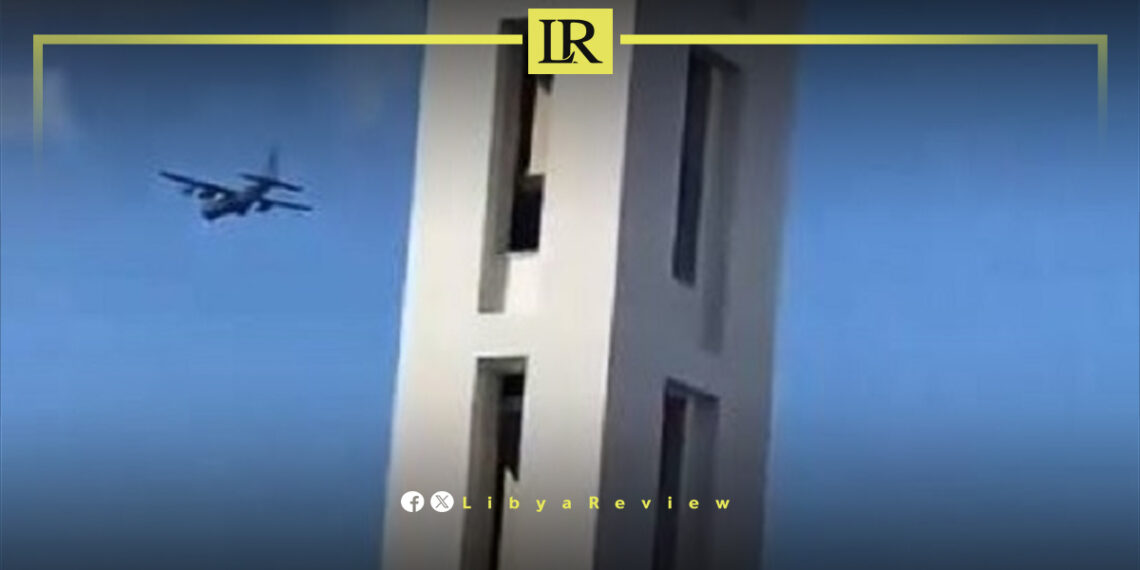A Russian military cargo plane landed at Mitiga International Airport in Tripoli on Wednesday, signaling Moscow’s increasing interest in Libya as a strategic hub in the Mediterranean.
Eyewitnesses confirmed the arrival of the plane, which comes amid Russia’s shift in focus following significant disruptions to its operations in Syria.
The collapse of Bashar al-Assad’s government in Syria has disrupted Russia’s military foothold in the Middle East, prompting the Kremlin to seek alternative bases to maintain its regional influence.
Libya, with its strategic location along the Mediterranean, has emerged as a focal point for Russia’s redeployment efforts. Reports suggest that Russia is transferring advanced air-defense systems, including S-300 and S-400 units, along with military personnel, to Libya. These assets are being relocated from Russian bases in Syria, such as the naval facility in Tartus, to the Libyan territory.
This strategic repositioning underscores Russia’s intent to sustain and expand its geopolitical presence in North Africa, especially in the wake of losing its Syrian stronghold. By establishing a more robust military presence in Libya, Russia aims to secure its interests in the region, potentially gaining access to Mediterranean ports and influencing local conflicts.
Analysts note that this move could have significant implications for regional security dynamics, potentially affecting European nations concerned about stability and migration flows from North Africa.
Mitiga International Airport, located approximately 8 kilometers east of Tripoli’s city center, has been the primary international airport serving the Libyan capital since 2018.
Originally a military airbase, it has been repurposed for civilian use but continues to accommodate military flights. The recent arrival of a Russian military cargo plane at this facility highlights the increasing military engagements and the complex geopolitical landscape in Libya.
As Russia continues to reposition its military assets from Syria to Libya, the international community is closely monitoring these developments.
The strategic implications of Russia’s enhanced presence in Libya are profound, potentially reshaping alliances and power structures within the region. Stakeholders are particularly attentive to how this shift may influence ongoing conflicts, regional stability, and the broader geopolitical balance in the Mediterranean basin.


